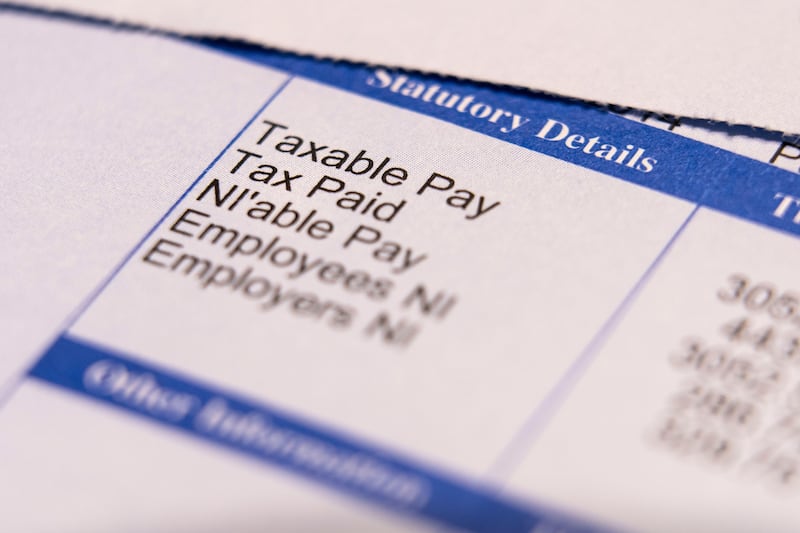QUESTION: What are the new rates of pay that came into force in April for employees in relation to the national living wage and the improved minimum wage?
ANSWER: The national minimum wage (NMW) was introduced in 1999 and is reviewed each year by the Low Pay Commission. From April this year the national living wage (NLW) has been introduced for workers aged 25 and over. Employers are liable to be penalised for not complying with the NMW and NLW rules. HMRC are the agency that ensures enforcement of the NMW and NLW.
There are different levels of NMW and NLW, depending on your age and whether you are an apprentice. And there are no exemptions from paying the NMW on the grounds of the size of your business.
The national living wage (NLW) of £7.20 is the single hourly rate for adults aged 25 years and above from April this year. The rate is not connected to the rate used by the Living Wage Foundation.
If you are of compulsory school age you are not entitled to the NMW. And those who do not have to be paid the national minimum wage include:
• The self-employed;
• Child workers - anyone of compulsory school age (ie. until the last Friday in June of the school year they turn 16);
• Company directors who do not have contracts of employment;
• Some other trainees on government funded schemes or programmes supported by the European Social Fund;
• Students doing work experience as part of a higher education course;
• People living and working within the family, for example au pairs;
• Friends and neighbours helping out under informal arrangements;
• Government employment programmes;
• Volunteers and voluntary workers.
HMRC has the power to serve an enforcement notice requiring the payment of at least the NMW, including arrears, to all family members working for a limited company.
The amounts to be compared with the NMW include basic pay, incentives, bonuses and performance related pay and also the value of any accommodation provided with the job.
Overtime, shift premiums, service charges, tips, gratuities, cover charges and regional allowances are not to be taken into account and benefits other than accommodation are also excluded.
There is no precise requirement but the records must be able to show that the rules have been complied with if either the HMRC or an employment tribunal requests this to be demonstrated. Where levels of pay are significantly above the level of the NMW, special records are not likely to be necessary. It is recommended that the relevant records are kept for at least six years.
Normally there is not likely to be any serious difficulty in demonstrating compliance where employees are paid at hourly, weekly, monthly or annual rates but there may be difficulties where workers are paid on piece-rates and where, for example, they work as home-workers.
Where piece rates are used, employers must give each worker a written notice containing specified information before the start of the relevant pay period. This includes confirmation of the ‘mean’ hourly output and pay rates for doing their job.
Enforcement notices can be issued if underpayments are discovered and there can be a penalty equivalent to twice the hourly amount of the NMW for each worker that has been underpaid multiplied by the number of days that enforcement notices are not complied with. There could also be a maximum fine of £20,000 for having committed a criminal offence.
Employers who refuse to pay the NMW may also face a fine in excess of £200 for every worker they under-pay. Employers have to pay back arrears they owe to workers and those who refused to pay up could be penalised. The financial penalty imposed on employers that fail to pay employees the NMW is 200 per cent of the amount by which a worker has been paid below the NMW.
:: Feargal McCormack (f.mccormack@ pkffpm.com) is managing partner of PKF-FPM (www.pkffpm. com). The advice in this column is specific to the facts surrounding the question posed. Neither the Irish News nor the contributors accept any liability for any direct or indirect loss arising from any reliance placed on replies.








